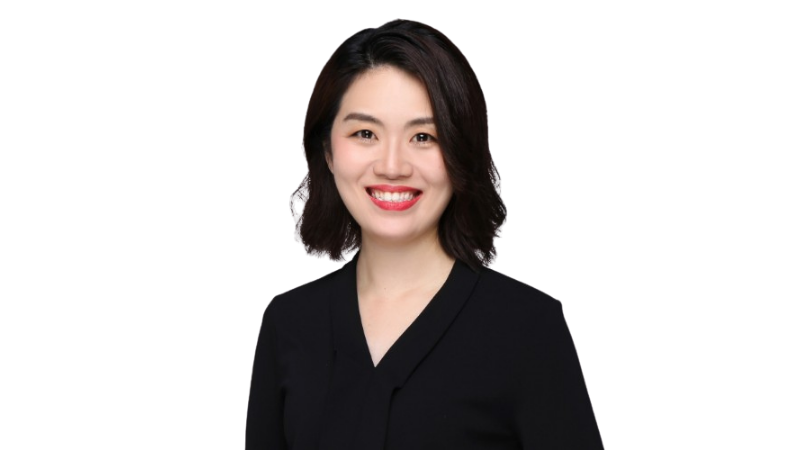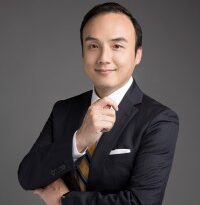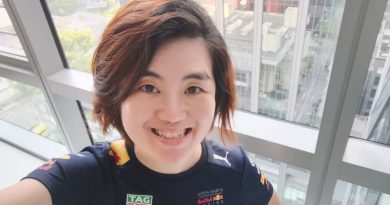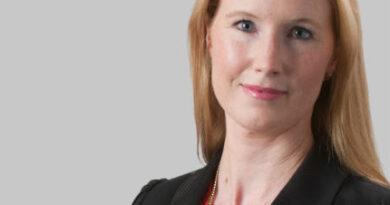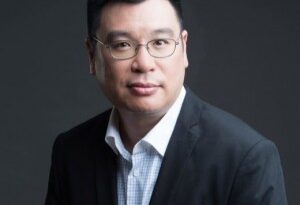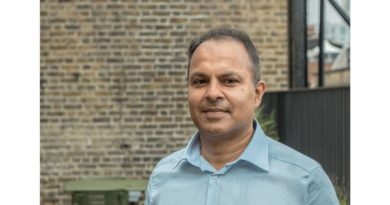Chauwei Yak: “I wanted to work in the biggest, most competitive markets to learn from the best”
Chauwei Yak studied at the University of Pennsylvania and worked at UBS and JP Morgan before she joined a single-family office in New York. In 2008, she moved back home to Singapore to start GAO Capital. GAO is a data-centric asset management firm that employs fundamental and systematic/quantitative hedge fund strategies. Hedge Funds Club’s Stefan Nilsson talked with Chauwei about her journey so far and the role Singapore’s great food and tax structure had on her decision to base her business there.
Earlier in your finance career, you have worked in New York, Tokyo and London. Why did you decide to set up your firm in Singapore?
I started with UBS in their Financial Institutions Group (FIG) team. New York’s FIG team had 70 people, Tokyo’s whole IBD had 70 people and the FIG team had 10 people, while Singapore didn’t have any specialised teams, only three generalists. I wanted to work in the biggest, most competitive markets to learn from the best, see how far I can go. When I was ready to start my own firm, Singapore had been developing as a financial centre and I wanted to bring back home what I had learnt. Of course, it doesn’t hurt that Singapore has great food and a pretty favourable tax structure.
How do you find the right balance between investing and running the company with all its non-investment functions?
I’m still trying to find the right balance! I had to learn on the job when I moved from investment banks to Ortelius Capital. I didn’t have a team to source for data, I had to build a database from scratch. I had to fix tech issues when data wouldn’t pull into spreadsheets. But what was really helpful was doing operational due diligence (ODD) on funds as part of my job as Director of Research. So, when I started my own firm, I cobbled together the essential parts that make up the successful firms I’ve invested in, both investment and non-investment. Which explains why we have three coffee machines.
You have built a solid and capable team with a great educational and professional pedigree. When you look at hiring someone for your team, what are the key things you look for?
It’s like building a good soccer team – each member brings a crucial but differentiated skillset, and we choose to come together as a team so we can win. I look for people who can do things I’m not good at, and who also believe I am also valuable as a teammate…and can tolerate my sense of humour. There’s no point in having a whole team of strikers!
GAO manages three funds. Have you ever thought: Blimey! Why do we run three funds with all its associated headaches rather than just one fund?
Blimey! Why am I even running a hedge fund when I can be on the beach? There are headaches in whichever structure I choose. When I had one fund, investors asked to take this fund out, add that fund in, have more risk, hedge out other factors, so we ended up with way more than three customised funds. These three funds now come from our internal portfolio but now investors allocate according to their risk-returns expectations. You can be in one fund or all three funds. So, actually, I have way fewer headaches than before!
Immediately before setting up GAO, you worked as a Director of Research at a single-family office in New York. Have those years in the family office space helped you to attract and manage money from family offices?
Starting one month before Lehman collapsed, I don’t think GAO would have become what it is today without the support of other family offices. But it’s not just about knowing the family offices, it’s about putting your own money to work and aligning your interests as a principal. I can say from experience that the effort is different running money for other people and when you have your own money at stake.
What has been the hardest thing for you when it comes to building your own asset management firm?
I don’t get any days off! I’m always thinking about how can I do things better, how is the portfolio affected, do people need another monitor when working from home. It’s weird to say this but life was easier as an investment banking analyst. At least I had the mandatory ten-day leave.
What have you enjoyed most with the GAO journey so far?
I’m being paid to learn! I learn from everyone – from portfolio managers to interns – about what’s happening in the world, what works and what doesn’t, what’s cool to young people.
What is your big motivation to keep going?
I like what I’m doing. And I’m probably unemployable now.

